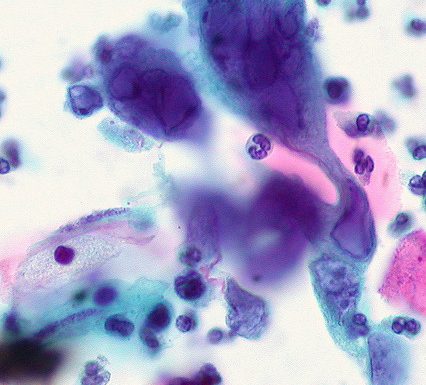Many people who have herpes are asymptomatic, meaning that they display no noticeable signs of the illness over long periods of time. This is part of the reason why herpes tends to spread easily—unlike with more symptom-heavy STDs, many people are not aware that they have herpes; they act as “silent carriers” of the illness.
>>Learn How to Treat Herpes With Apple Cider Vinegar<<
For some with the herpes virus, however, painful outbreaks of herpes sores happen either occasionally or frequently. While these outbreaks may seem random to the people experiencing them, they often have one or more triggers behind them. While these triggers are different for everyone, some of the more common herpes triggers include:
- Sexual activity. During sexual activity, the delicate skin of the genital area is exposed to friction, which weakens and damages it. Most people don’t notice this damage, as it’s usually on a small enough scale that it does not cause significant discomfort, but for those who have herpes, this subtle damage may provoke the formation of sores. To protect against this damage, use a water-based lubricant to prevent rubbing and tearing of the skin, and avoid oil-based lubricants and harsh chemical agents like spermicide. (It is especially important to avoid oil-based lubricants as they may damage and weaken condoms, making the spread of herpes much easier.)
- Colds and other illnesses. When you have a cold or other common virus, your immune system is working overtime to defeat the bug. This taxes its limited resources, so it may not have the power to also control a lingering herpes virus, and an outbreak is the result.
- Excessive sun exposure (or tanning beds). Even if you don’t get a full-on sunburn, being exposed to ultraviolet light from the sun or a tanning bed is doing damage to your skin. This damage may make herpes outbreaks more likely.
- Hormonal fluctuations. Hormonal fluctuations seem to have an impact on the human system, even “normal” fluctuations such as those seen during a woman’s menstrual cycle. Scientists do not yet know why this is the case, but it seems to be another common trigger for herpes outbreaks.
- Surgery or injury. Healing from surgery or a major injury taxes the body’s resources, rather like recovering from an illness does. This can also provoke herpes outbreaks.
- Having a weakened immune system. Those who have a suppressed immune system, such as people who have diabetes or HIV, are much more likely to have frequent herpes outbreaks.
- Stress taxes the body and weakens the immune system, which contributes to herpes outbreaks.
- Tight clothing. Tight clothing, particularly tight underwear, may irritate and chafe the skin, provoking a herpes outbreak.
- Leading an overall unhealthy lifestyle (e.g. excessive smoking, drinking, or the consumption of processed foods) has been shown to predispose a person to herpes outbreaks.

Leave a Reply